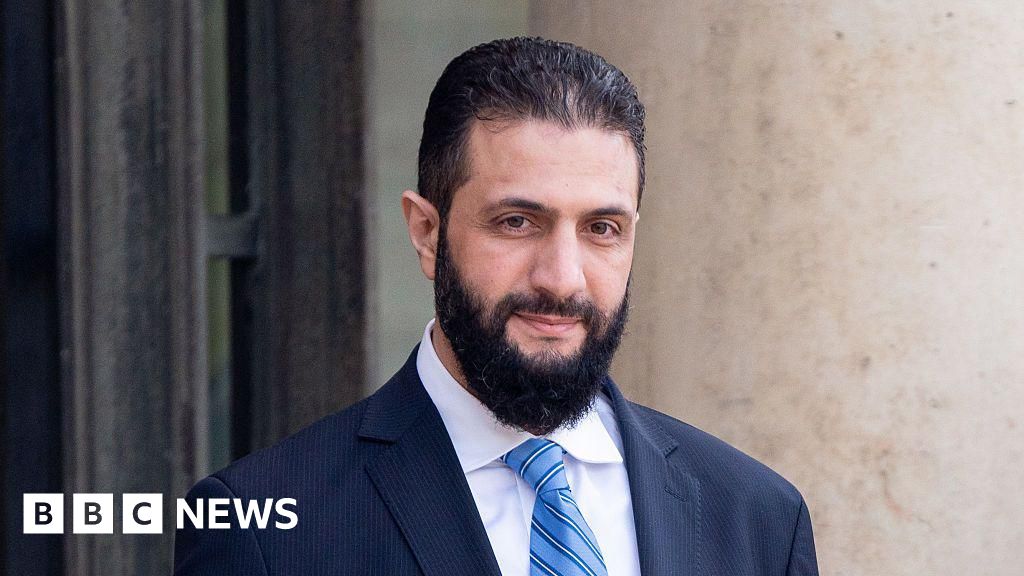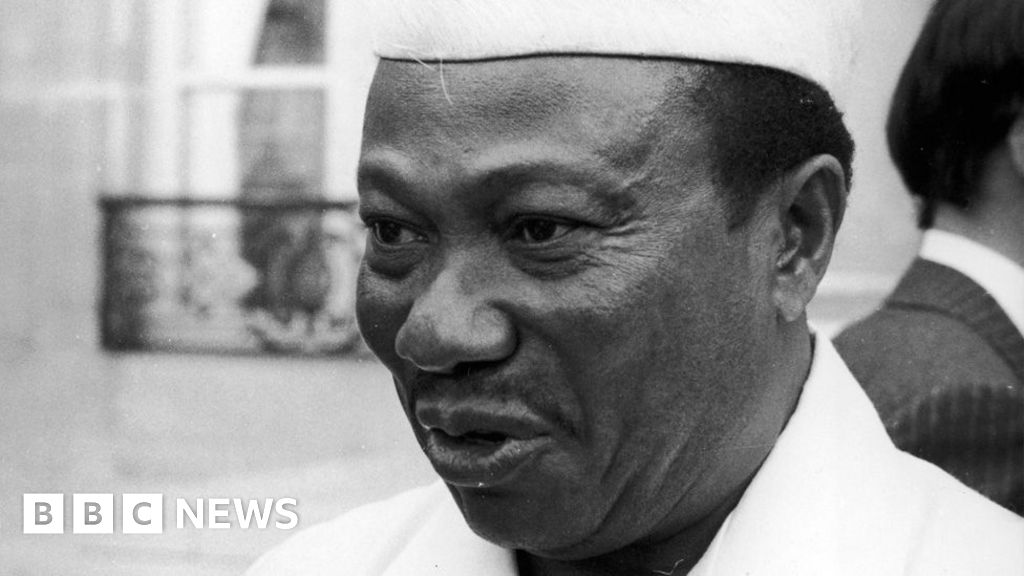Key Takeaways
- USD1 just posted $1.25 billion in daily trading volume, making it the third most-traded stablecoin.
- A $2 billion investment from Abu Dhabi’s MGX, settled in USD1, helped fuel the surge.
- The upcoming GENIUS Act could give USD1 another big push, especially with institutions watching closely.
USD1, a stablecoin tied to President Donald Trump’s family, has quietly climbed the ranks to become the third most-traded stablecoin by volume, surpassing rivals like DAI and First Digital USD along the way.
Its rise, however, comes amid growing controversy. Critics in the Senate say the token could be functioning as a shadow banking tool for Trump’s foreign allies, raising serious questions about influence, transparency, and the intersection of politics and digital finance.
Visit Our Stablecoin Partners
USD1 Cracks the Top Three in Stablecoin Volume
On Sunday, June 29, USD1 hit a major milestone, logging $1.25 billion in 24-hour trading volume, enough to leapfrog several rivals. What’s especially eye-catching is how it got there.
Despite having a smaller market cap than its rivals, just $2.2 billion compared to DAI’s $3.8 billion, USD1 posted outsized activity, with one of the highest volume-to-market-cap ratios in the space.
Behind the surge is a $2 billion investment deal between Abu Dhabi’s MGX and Binance, settled entirely in USD1.
The stablecoin is also preparing to go live on Tron, betting that the network’s lower fees and faster settlement times can drive even more adoption, just as it did for USDT.
Political Backlash Is Growing
USD1’s rise hasn’t gone unnoticed in Washington. Senator Elizabeth Warren has voiced strong opposition, calling it a product of “shady crypto deals” with the UAE.
She warned that the coin’s growth raises questions about foreign influence and the mixing of financial and political interests.
Warren also urged lawmakers to reject the upcoming stablecoin legislation. She warned that approving such a law would effectively legitimize politically connected stablecoins like USD1, which she believes are ripe for abuse.
Senator Jeff Merkley echoed her concerns , calling the launch of USD1 a “conflict of interest.”
He warned that tying the financial success of a stablecoin directly to a sitting president raises serious ethical and national security questions.
Merkley is now demanding financial records and internal communications between WLFI, MGX, Binance, and members of the Trump family.
GENIUS Act Could Be a Catalyst
Meanwhile, the U.S. is on the verge of passing the GENIUS Act , a sweeping stablecoin bill that could further legitimize fiat-backed digital currencies, including USD1.
If signed into law by President Trump, the Act could strengthen USD1’s position by providing regulatory clarity for compliant issuers.
A recent BitMart Research report flagged USD1 as a standout in the space, citing its fast-growing market share and fiat-backed model.
Unlike failed experiments like TerraUSD, USD1 is positioning itself as part of the new wave of “real-world” stablecoins designed to scale with institutional demand.
However, with political pressure mounting and the spotlight growing hotter, USD1’s future might depend as much on policy as on market demand.
Visit Our Stablecoin Partners
Was this Article helpful?
















